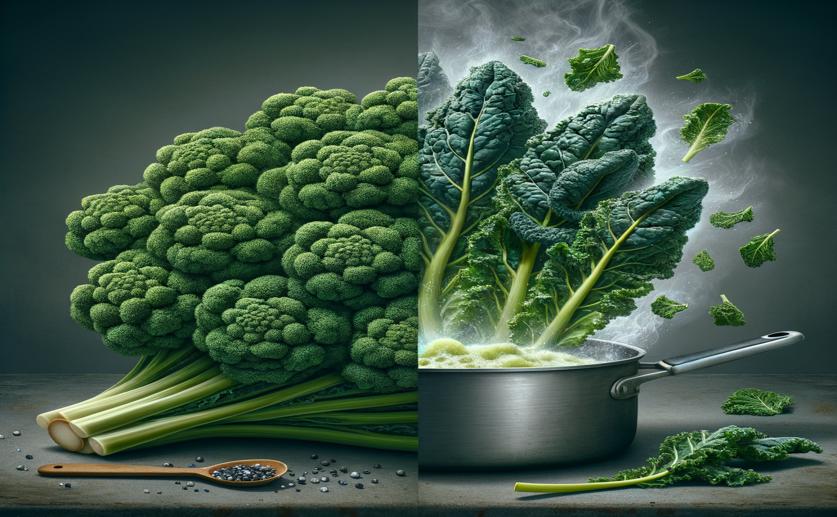
How Cooking Affects Iodine, Nutrients, and Antioxidants in Kale
Greg Howard
28th June, 2024

Image Source: Natural Science News, 2024
Key Findings
- The study by the University of Agriculture in Krakow examined how different cooking methods affect the nutrient content in iodine-biofortified kale
- Thermal processes like steaming, blanching, and boiling generally reduced the nutrient and bioactive compound content in kale
- The red cultivar of kale retained more iodine during cooking, especially when biofortified with 8-hydroxy-7-iodo-5-quinolinesulfonic acid
References
Main Study
1) Iodine enriched kale (Brassica oleracea var. sabellica L.)-The influence of heat treatments on its iodine content, basic composition and antioxidative properties.
Published 27th June, 2024
https://doi.org/10.1371/journal.pone.0304005
Related Studies
2) Bioactive compounds for human and planetary health.
3) Iodine Deficiency and Iodine Prophylaxis: An Overview and Update.
4) Vegan Diet Health Benefits in Metabolic Syndrome.
5) Risk, lifestyle and non-communicable diseases of poverty.



 7th May, 2024 | Jim Crocker
7th May, 2024 | Jim Crocker